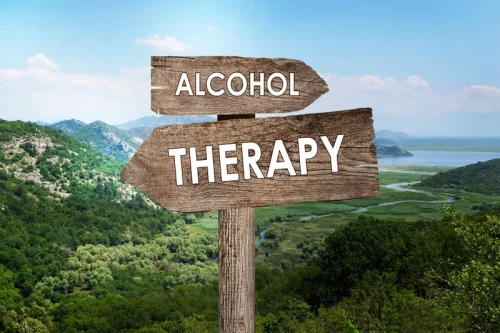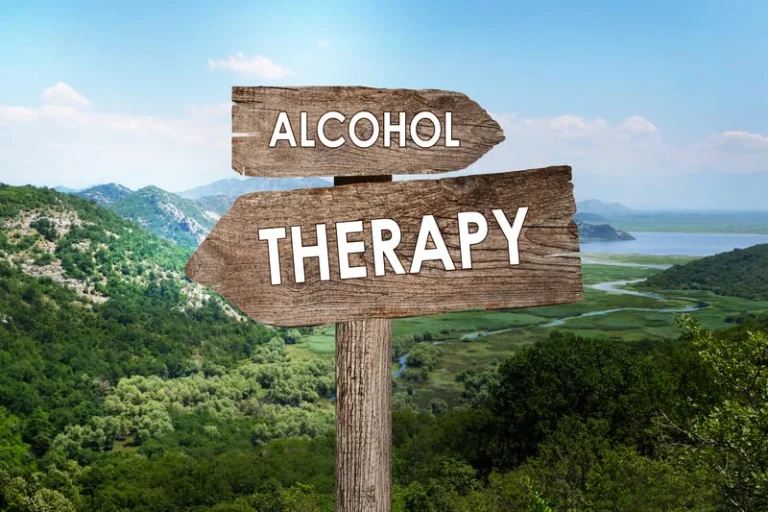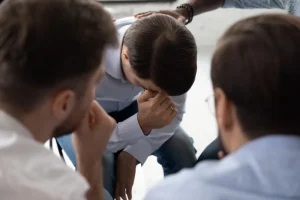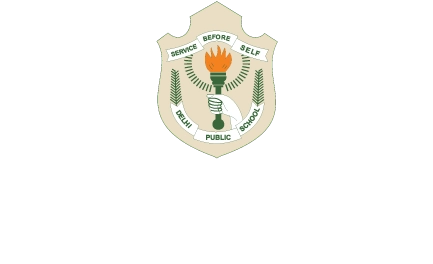Innovative Addiction Recovery Group Activities
November 2, 2021 2025-01-09 9:05Innovative Addiction Recovery Group Activities

Participants are guided to focus their attention on different parts of their body, noticing sensations without judgment. This practice can help individuals reconnect with their physical selves, something that’s often neglected during active addiction. It’s also a great way to identify and release tension, promoting physical and emotional relaxation. By encouraging participants to reflect on and share their gratitude, these circles contribute to the overall effectiveness of substance abuse treatment and recovery. By promoting self-awareness and emotional healing, these exercises contribute to the overall effectiveness of substance abuse treatment. Overall, journaling exercises are an effective component of group therapy activities, offering a structured and reflective method for individuals to process their emotions and experiences.
How to Avoid Toxic Relationships During Addiction Recovery
Also, please leave a comment below if you have other ideas, or would like to add to the discussion. Group therapy is used to guide clients through the process of gaining insight about themselves, others, and the world around them. Instruction may be led by an art therapist, or again, these activities may be more informal in nature, such as using watercolors, crayons, or paints expressively for 30 minutes. Question balls are a resource that group leaders may use to get topics of group activities for substance abuse recovery conversation going.

Gratitude Lists
A mosaic of hope, resilience, and camaraderie emerges as addiction recovery groups embrace innovative approaches to foster lasting sobriety. The journey to recovery is rarely a solitary one, and the power of collective support has long been recognized as a cornerstone in the battle against addiction. CBT activities are solution-focused exercises and techniques that aim to improve mental health and substance abuse treatment outcomes in a fun and engaging way. Thanks for reading this resource on 58 Substance Abuse Group Therapy Activities for Recovery. The use of group therapy activities for substance abuse can be a helpful tool in creating a safe and healthy group environment.
Thought Replacement Activity
Being a part of a group can help establish a source of accountability for group members. Group sessions provide them with a set time within their routine to focus on their recovery. Add one activity that would help you improve your physical, emotional, mental, or spiritual health. For example, you might decide that you will exercise instead of sitting on the sofa while watching television.
- This technique is also valuable in process groups, where members can role-play their feelings and experiences, helping them articulate challenges within a supportive environment.
- Spending time in nature can have calming effects and improve mental clarity.
- Group members will act out the events while discussing how to handle conflicts and achieve the healthiest outcome.

Treatment centers use group interventions to help people recover from opioid addiction, alcohol use disorder (AUD), and other SUDs. Our helpline is available 24 hours a day, 7 days a week at no cost to you and with no obligation for you to enter into treatment. We are committed to providing support and guidance whenever you need it. Our clients often ask us these questions related to CBT group activities. You can also keep a compassion box in which group members can write positive notes for other members. For example, you may have to apologize to loved ones you have hurt, establish clear boundaries in your relationships, and cut ties with people who still use drugs.

Group members will act out the events while discussing how to handle conflicts and achieve the healthiest outcome. Throughout your recovery, it’s important to be open about https://ecosoberhouse.com/ your feelings. Some recovery groups promote emotional openness by playing feelings charades.
Engaging in outdoor activities can significantly aid in replacing substance use habits during recovery by providing constructive alternatives that foster joy and purpose. Finally, spending time in nature has been shown to reduce withdrawal symptoms. The calming effects of natural settings can mitigate stress and anxiety, allowing recovering individuals to better manage cravings.
- In this session, members reflect on achievements and strengths that reinforce their self-worth and provide motivation for their recovery journey.
- Relapse prevention groups often utilize role-playing to help members rehearse coping strategies for dealing with triggers and avoiding relapse.
- A common drug addiction recovery technique is the use of group facilitation.
- Writing in a journal allows individuals to articulate their recovery challenges and achievements, facilitating deeper self-understanding and emotional processing.
- Focusing on skills like refusal strategies and managing peer pressure helps participants better navigate the challenges of maintaining sobriety.
Addiction often wreaks havoc on personal finances, and learning to manage money responsibly is a crucial step towards independence and stability. These workshops cover everything from creating a budget to understanding credit scores and planning for the future. Group storytelling and narrative therapy take the power of personal narratives to new heights. By sharing their stories in a structured setting, participants can reframe their experiences, identify patterns, and craft new, empowering narratives about their lives.
When facilitators create a safe, healing environment, individuals are more likely to stay motivated, connected, and committed to their journey toward a substance-free life. Structured activities within these groups are highly effective in promoting personal growth, enhancing self-awareness, and building strong community bonds that can bolster resilience. As individuals navigate the challenging path of addiction recovery, embracing outdoor activities and nature can serve as a crucial component of their journey. Substance abuse Research indicates that engaging with the natural world can enhance both mental and physical health, providing a unique and effective form of therapy that supports sustainable recovery.



